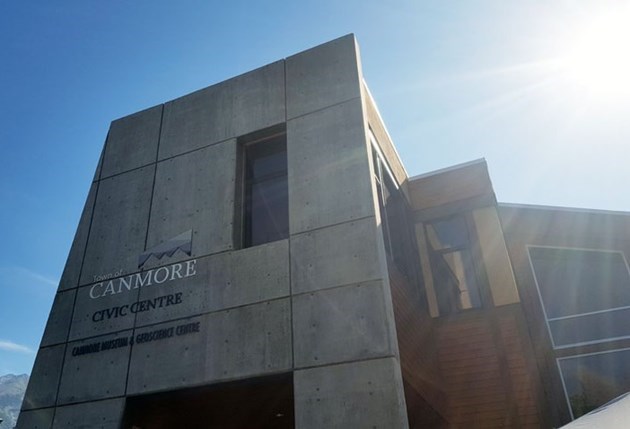The never-ending contentious issue of short-term rental accommodation in Canmore will be an early concern for the next council.
Town council rescinded a prior 2015 motion to potentially amend the land use bylaw in regards to short-term rental accommodation following public input, and directed staff to return before the end of June with a method of regulation and management for such vacation rentals.
The motion allows for the tourism task force to return to council on Oct. 5 with its findings, which focused on finding the community values important to residents in creating a sustainable tourism infrastructure in Canmore.
“We can’t really pick up this conversation with the community until we have clarity from the community on the future vision for tourism in our community and what they want to see and hold on to as community values,” Town CAO Lisa de Soto said. “We wanted to allow the tourism task force conversation to unfold and conclude before we started to really step into looking at short-term rentals in residential neighbourhoods.”
de Soto called the short-term rentals a “long and complex history” in the community, with each council creating their own directives in addressing the concerns of residents.
In a show of the lengthy history of the Town and short-term rentals, a staff report used four pages to give a brief timeline of the actions taken by previous councils since 2000, which included it being labelled a “wicked problem” in the report.
The history began with an injunction the Town won in court in 2000 against a property owner who was using their land as a short-term vacation rental, as well as highlighted other aspects such as tourist homes being permitted and the numerous studies and efforts by councils in attempting to curb the issue.
The report emphasized the complicated and complex aspect of attempting to solve the issue, including the desirability of people wanting to live and visit in the community and the lucrative nature of owners renting their homes.
“I’m hoping the next council takes full grasp of this and addresses it both immediately and applies the necessary resources to addressing the problems,” said Mayor John Borrowman, adding it was “clearing the slate” and helping the next council get a “fresh start.”
“This is a key and critical part of our community that really has to be wrestled to the ground,” he said, noting that when higher fines were introduced in 2017 and 2018 more people began obeying the law.
“It’s too bad we have to resort to the big stick, but it seems to be human nature.”
Short-term rentals can be seen as a win-win by some, with people having places available to them in Canmore while the property owner can use the income to subsidize a mortgage. However, many in the community see it as an erosion of the community and potentially driving up the price of homes further.
Developers can ask council to zone certain homes in Canmore as tourist or visitor accommodation, which comes with a roughly threefold increase on property taxes. A permit fee system has also been investigated, but deemed “cumbersome and expensive to administer,” according to the staff report.
Coun. Vi Sandford called it a “difficult conversation” and one that’s been present in Canmore for years.
“I’m sorry we’re pushing this issue down the road yet again,” she said. “It’s a very complex one because we have several resort properties that have been designated for this purpose that have yet to be built. We don’t have the anchor resorts we were counting on 20 years ago. The community has turned inward for itself. It’s a problematic situation we’re in.”
Though a divisive topic, Coun. Esme Comfort highlighted human nature will lead to the temptation of people looking to take advantage of a money-making opportunity, while Coun. Jeff Hilstad also stressed that with each option comes potential consequences.
“There are a lot of options and there’s a lot of ways that could potentially make it better one way or the other, but with all those you can also have different consequences," he said. "I think it is the right decision to let this go for now and let the next council take a stab at it and hopefully have some good ideas and have things figured out. It’s a tricky situation.”
While it may seem to be dragging on, Coun. Joanna McCallum said the pandemic not only pushed back the ability to address it further, but also brought the issue even more to the front of the community with increased visitors coming to the Bow Valley.
“What this really speaks to is the commodification of housing and council has on one hand said no to not seeing illegal tourist homes, but at the same time we continue to allow illegal tourist homes to develop in residential neighbourhoods that are working class neighbourhoods," she said.
"It feels like we’re saying one thing on one hand and another on the other hand. I think the tourism task force will be able to provide the next council with the fresh direction they’re looking for in regards to this particular issue.”




